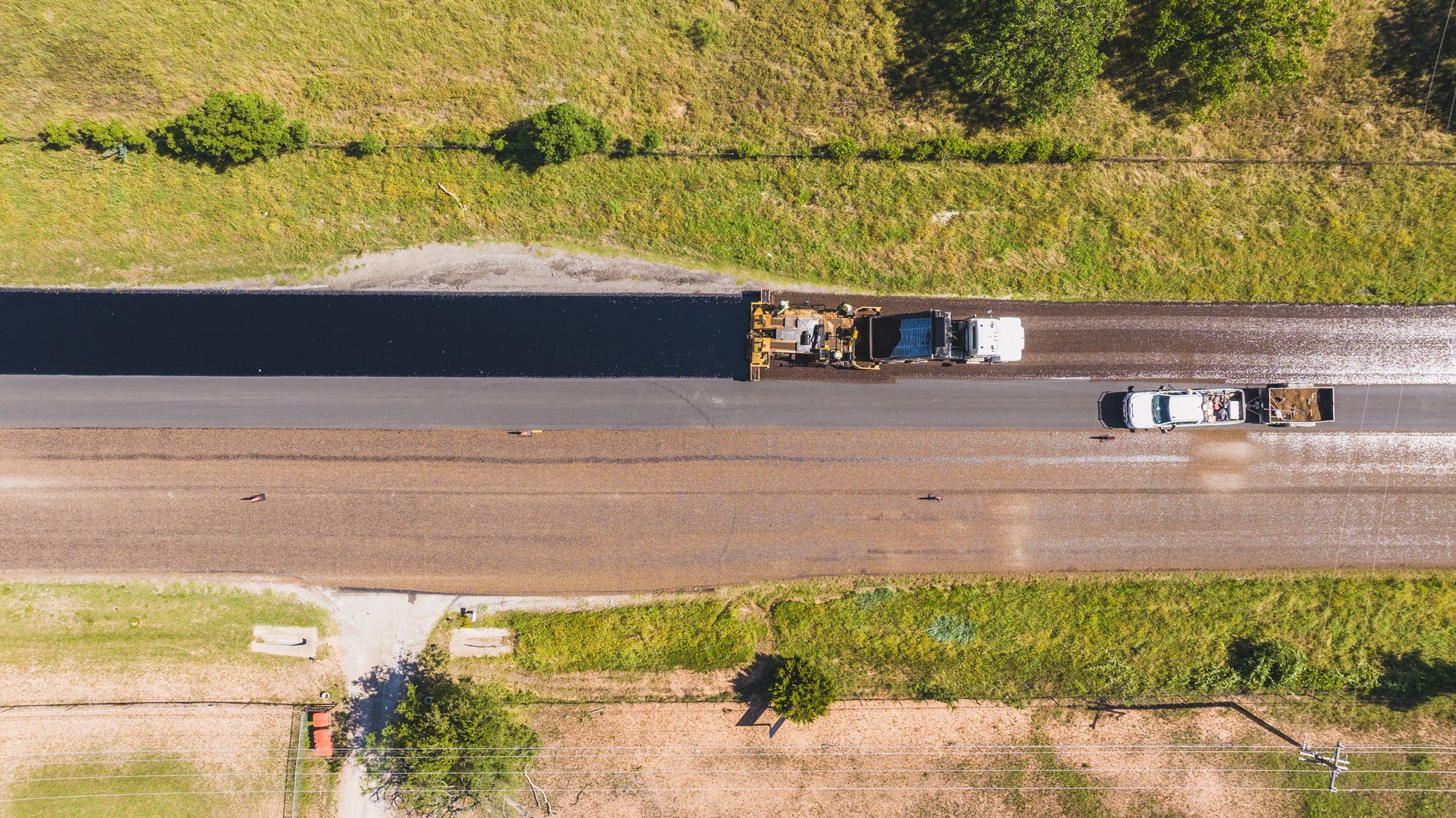
our history
The earliest pictures we have of Allen Keller are from a 1938 runway build.
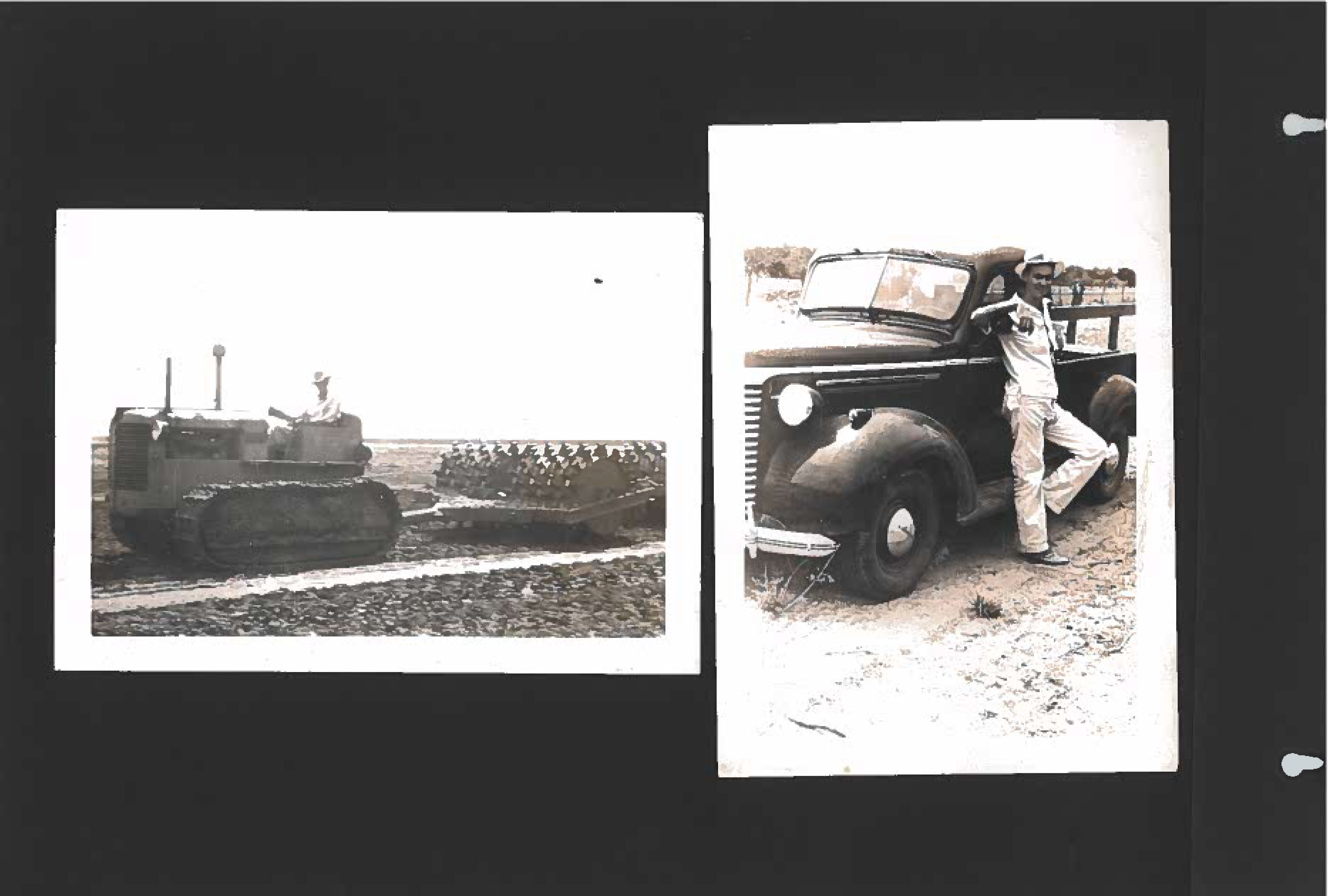
The earliest photos of Allen Keller date back to a 1938 runway construction project, where he played a key role in field operations while working for a different company, long before Killian Keller Co. and Allen Keller Co. were established. Leading teams and supporting them in completing large-scale projects was his specialty—a skill that remains deeply rooted in our company’s values. His ability to guide and empower his crew set the standard we continue to uphold today.
WWII airstrips
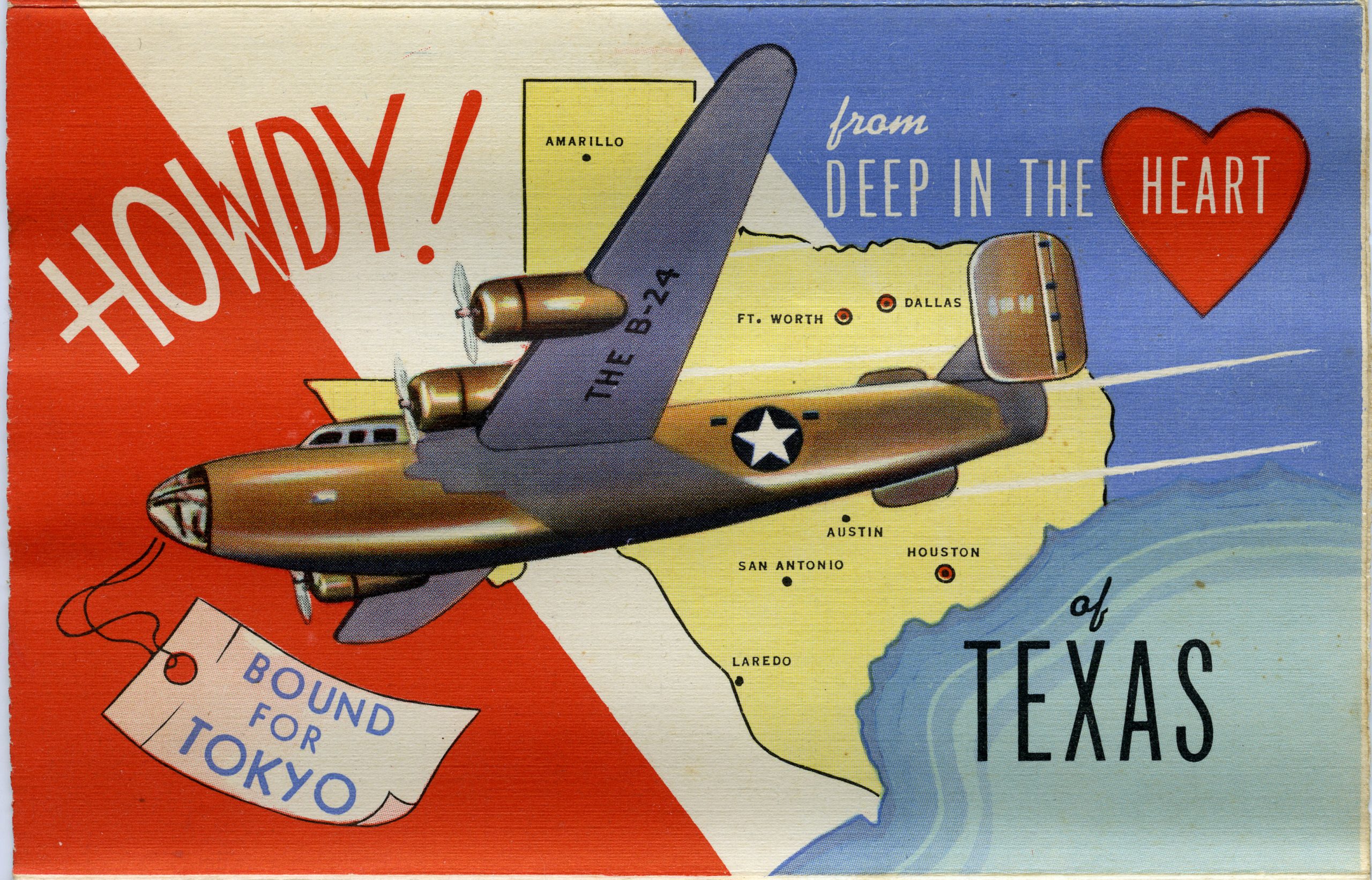
During World War II, Texas served as a major training hub, with over 150 facilities, including more than 40 airstrips used for pilot training. Over 1.5 million military personnel passed through these locations. Large-scale conflicts demand robust infrastructure built efficiently, and Allen Keller, who was working for Killian-Briggs as a supervisor at the time, played a key role in constructing many of these runways. We take great pride in the fact that the Keller family helped lay the groundwork for Texas' heavy infrastructure, particularly in aviation and beyond.
Seizing Opportunity Through Hard Work
In 1946, Allen Keller joined Doc Killian and Briggs as an equal partner to establish Killian Keller Co. While Briggs was a silent investor and Killian managed operations, Allen oversaw projects, demonstrating hard work and determination despite limited financial resources. The company operated like a traveling family, moving from job site to job site, with Allen insisting on completing projects before transitioning. Although they didn’t have much, Keith remembers these years as being filled with joy and a sense of abundance.
By 1953, the company ventured into heavy highway construction and found success. That year, Allen bought out his partners and renamed the company Allen Keller Co. Around this time, his son, Keith, began working as a field hand during summers at just 14 years old.As current president Kory Keller shared:
"'What stands out to me is how, at the beginning, my grandfather had nothing, but was given a chance. It was a partnership between those with financial backing and someone with skill, work ethic, and determination. That story continues to inspire me to create the same opportunities here—offering paths to leadership and ownership for those willing to work hard and build something meaningful."
Eisenhower's Interstate
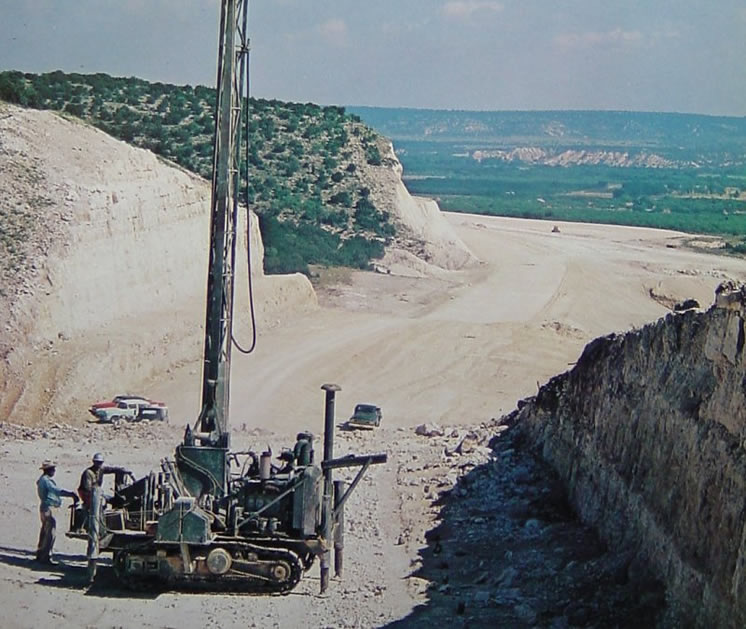
The post-war decades brought a boom in large-scale highway construction, and Allen Keller Co. built its reputation during this period. President Eisenhower's push for the Interstate system provided the opportunity, and Allen Keller seized it. One of the defining projects was a section of I-10 near Kerrville, where the Hill Country begins. Tackling such a monumental job was a make-or-break moment, but Allen rose to the challenge, completing it with precision. The rock cuts from that project remain visible today as a testament to the craftsmanship. During this time, Keith Keller served as vice president of the company. Although they already owned several 988 Cat loaders, it was during this period that they acquired a 992 Cat loader, the largest model available at that time. Kory recalls meeting the Holt mechanic who received the machine off the train, assembled it, and drove it into the hills to begin the work.
Boom and Bust in a Tough Industry
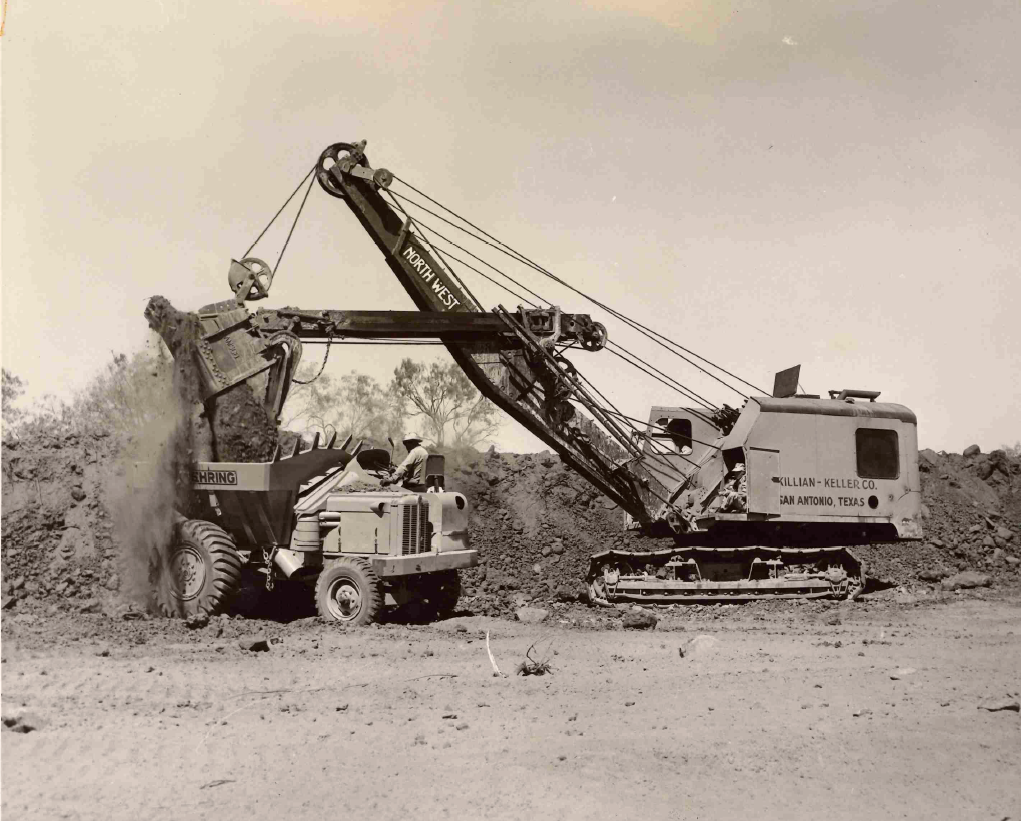
While the infrastructure built by Allen Keller Co. was designed to last, the company itself faced no such guarantees. During the years that Keith Keller and his partner James Kemp led Allen Keller Co., the company thrived, growing its workforce to 300 employees. However, in an industry as tough as construction, we’ve weathered many cycles of boom and bust, understanding that the government’s appetite for large projects can shift as unpredictably as the weather. The savings and loan crisis of the 1980s hit particularly hard, alongside a serious reduction in state and federal highway heavy construction, ultimately reducing our workforce from 300 to just 30—a truly heartbreaking time for everyone involved.
When Kory Keller, the third generation, took over in the 1990s, the company was poised for growth and ready to embrace new opportunities. With the invaluable support of Keith, Kory worked diligently to revitalize the business and successfully broaden its operations, navigating the formidable challenges ahead.
Learning the ropes
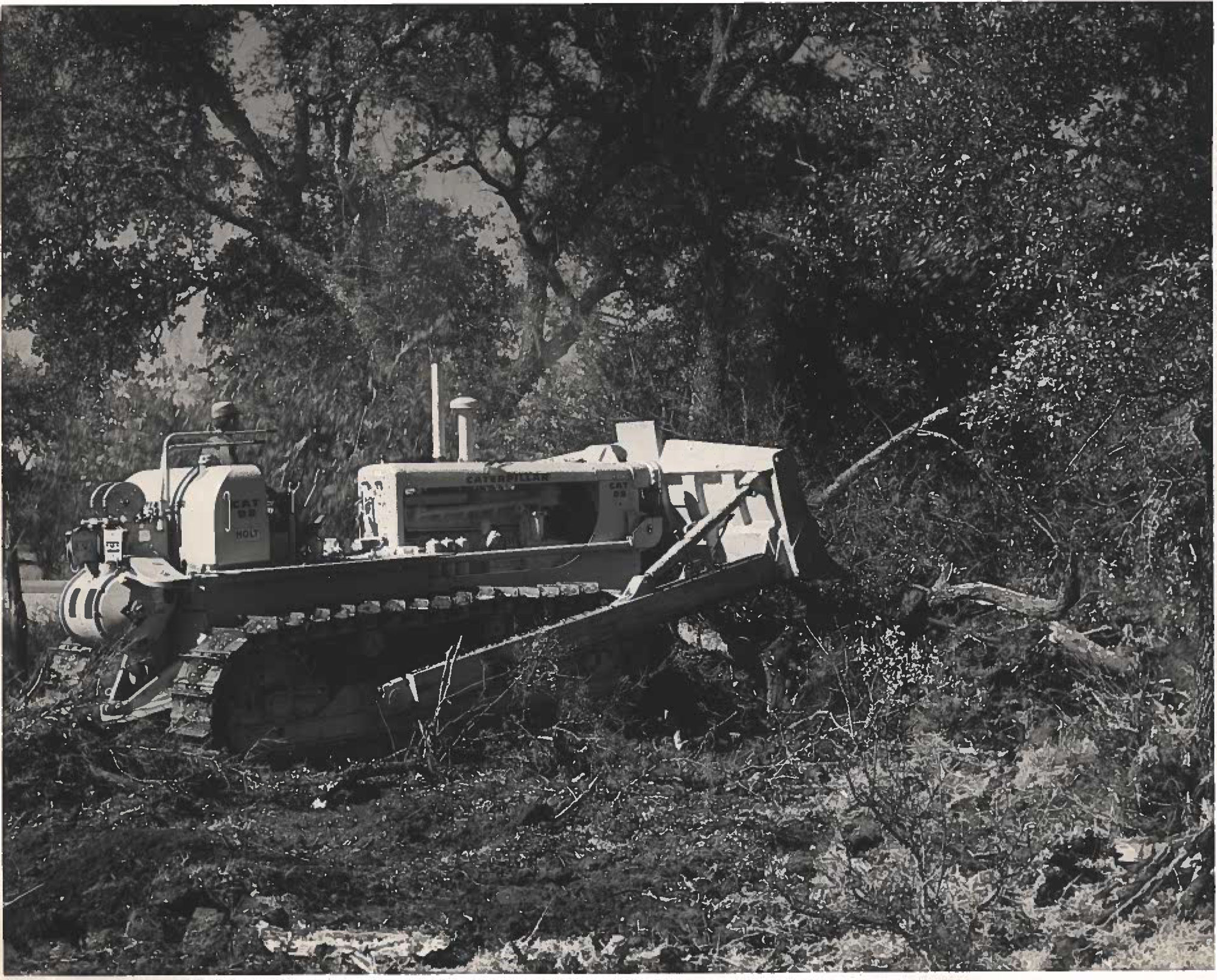
Despite earning a civil engineer degree at Texas A&M in 1996, Kory Keller took the advice of a seasoned superintendent to 'see a job through, from putting up the barricades to taking them down.' He spent the next 7-8 years in the field, mastering every aspect of the business. His passion for fieldwork and deep understanding of what it takes to get a job done right continue to guide his leadership as president. Since that time, Kory has successfully navigated Allen Keller Co. through two cycles of recession and recovery. Even in his role as president, the field remains where he feels most at home—ensuring jobs are completed to the highest standard.
EMBRACING HISTORY AND PROGRESS
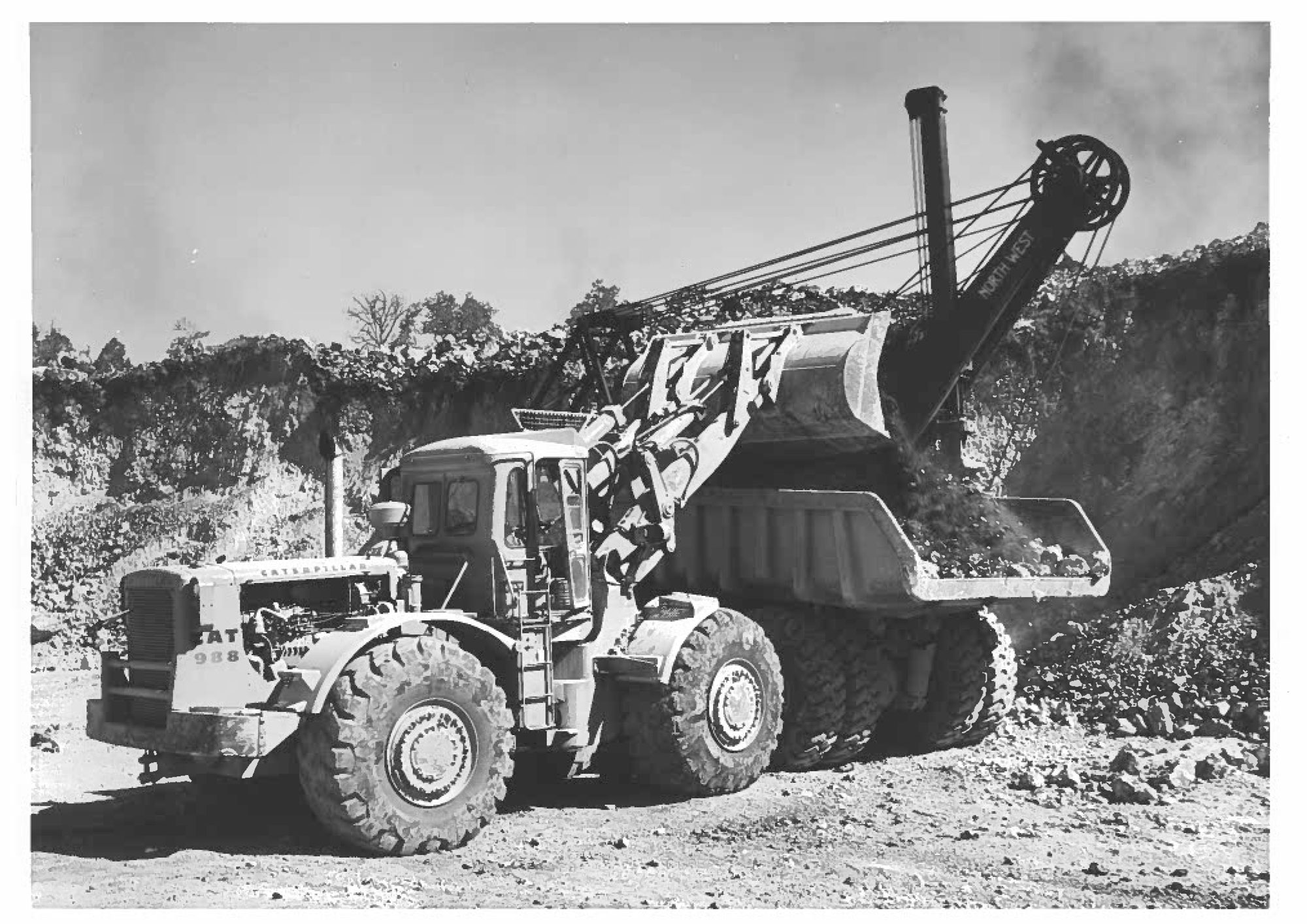
The significance of this image lies in its history. In the 1950s and ’60s, we dug out roads using cable shovels, like the one seen in the background. These machines required two operators—one to operate and another, known as the 'grease man,' to constantly lubricate the moving parts. By the late 1960s, the introduction of the front-end loader was revolutionary. It required only one operator and could move significantly more dirt in less time. Despite the innovation, we continued to use both machines until the cable shovel became obsolete. At Allen Keller Co., we’ve always been resourceful with the tools at hand while keeping an eye on future advancements.
The Legacy Lives On
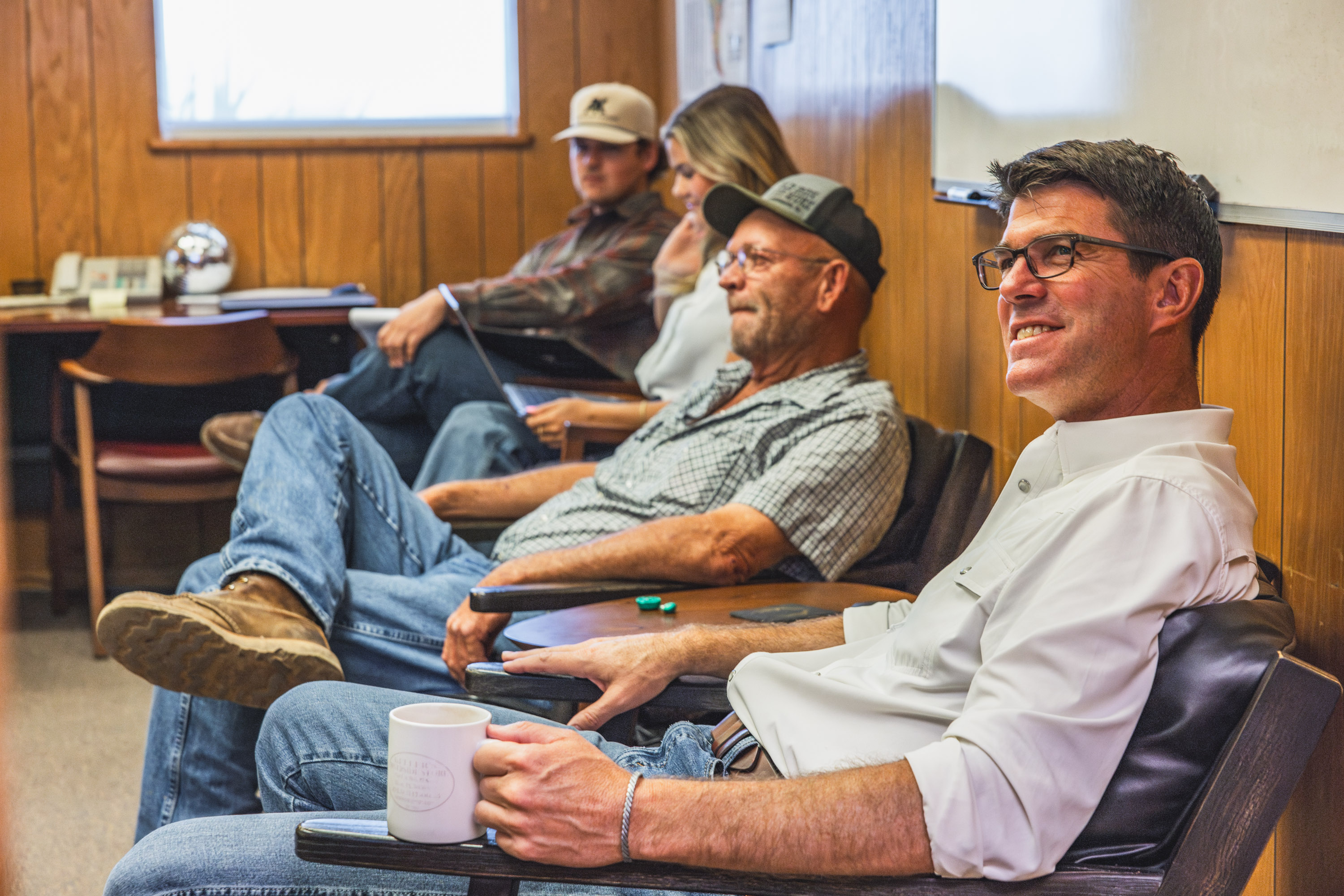
Under Kory Keller's leadership and through the dedication of over 150 team members, Allen Keller Co. continues to thrive. With generations of experience and a deep commitment to both our people and equipment, we take pride in tackling any heavy infrastructure project. Whether it's highways, ranch developments, or runways, the lasting impact of Allen Keller Co. will continue to shape Texas landscapes for years to come.
